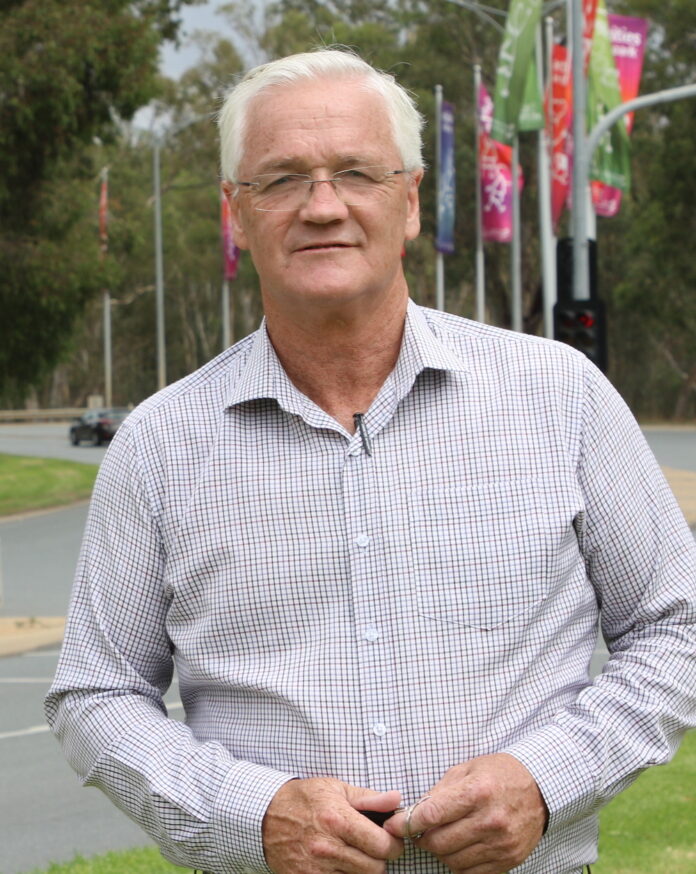
by Damian Drum, the Federal Member for Nicholls
IF you ever needed further proof that some digital platforms have become too powerful, you only have to look at the events of last week when Facebook blocked Australian news on its site.
The heavy-handed move not only impacted large and small news outlets – including those in and around Greater Shepparton – but also state health departments that act as a key outlet for COVID-19 updates and other vital emergency service and public information pages.
The move by Facebook – a US-based company valued at well in excess of $700B – was in response to legislation currently before the Australian Parliament that seeks to address the bargaining power imbalance between Australian news media businesses and the major digital platforms, Google and Facebook.
The News Media and Digital Platforms Mandatory Bargaining Code was developed after extensive public consultation spanning almost three years, canvassing a range of views including from the tech giants.
The Code creates a framework for parties to reach commercial agreements so that news media businesses are fairly remunerated for the content they generate.
Less than 24 hours after the bill was passed in the House of Representatives with bipartisan support, Facebook blocked Australian news sites, with numerous other pages “inadvertently” caught up in the dramatic escalation of events.
Facebook defended its provocative move by issuing a statement that claimed the Code “fundamentally misunderstands the relationship between our platform and publishers who use it to share news content”.
“It has left us facing a stark choice: attempt to comply with a law that ignores the realities of this relationship or stop allowing news content on our services in Australia. With a heavy heart, we are choosing the latter,” Facebook Australian boss, William Easton, said.
But for many, Facebook’s move further compromised perceptions in the community of the quality and reliability of information on the site.
Facebook effectively said it would not include any material sourced from an organisation that employs paid journalists, has editorial policies, carries out fact checking and takes commercial accountability for the accuracy of the information it publishes.
The Federal Government, led by Treasurer Josh Frydenberg, has consistently said that it wants Facebook and Google to remain operating in Australia – but it also expects them to comply with laws passed by the democratically elected parliament of Australia.
The Code will specifically benefit this publication, and others like it, in several ways.
It provides for digital platforms to make standard offers to news media businesses. Such offers provide a way for smaller media businesses, including those in regional areas, to avoid the expense of going through bargaining and arbitration, while still obtaining an acceptable level of remuneration.
If a standard offer is not sufficiently attractive, the Code enables news media businesses to collectively bargain and collectively engage in arbitration with digital platforms. This means that small media businesses can share the costs, and avoid individually committing the time needed to engage in negotiation and arbitration.
The Code also requires that information provided by digital platforms about data collections and algorithm changes be in a readily understandable form. This is intended to make it easier for smaller news businesses to quickly understand the information they receive.
The Federal Government values quality journalism and believes news outlets – big and small – should be compensated for their work.
We will not be bullied by international tech companies that don’t get what they want.
by Damian Drum, the Federal Member for Nicholls




